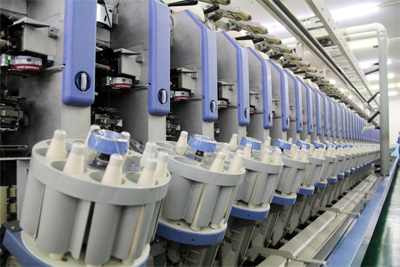
Tashkent hosts event dedicated to development of textile and sewing-knitting industry
The meeting was attended by a representative of the Office of the President of the Republic of Uzbekistan, the Cabinet of Ministers, the leadership of the Association, representatives of industry enterprises in the regions and Tashkent.
During the open dialogue, issues of interaction between state bodies and entrepreneurs in expanding exports, reducing imports, by supporting domestic enterprises were discussed, the press service of the Association Uztekstilprom said.
The main emphasis was placed on introduction of a cluster system in the industry, where each employee will be responsible for the quality of the final product.
In particular, the main issue was raised by the initiators of cotton and textile clusters, namely, to review the credit and financial system, enriching the land, improving the quality of fertilizer, and technical readiness of agricultural machinery, because cotton seed is not far off.
At the initiative of the Head of State, cotton-textile clusters are created as an experiment in all areas of the industry. At present, projects in Bukhara and Navoi regions have already been implemented.
Importance was also directed to the growth of exports, localization of products, prevention of irrational imports from enterprises.
So, according to the director of Chust Textile Zh.Ismailov, the benefits presented by the state are directed mainly at supporting the garment industry, and producers of yarn and dyeing, weaving do not maintain competition with the producers of other countries. As a result of the delegation’s visit, as an example, in Bangladesh, it was studied that the Government of the country had removed barriers in the form of taxes and customs payments from manufacturers, which export all their goods.
Separate discussions were held with manufacturers of finished products in Namangan region, where more than 3,000 enterprises of the industry are located. The representative of enterprises was worried about issue of increasing imports of finished goods. Under these conditions, it is impossible to maintain competition. Absence in the list of benefits of goods that are unproductive in the country are causing damage to the enterprises of the region.